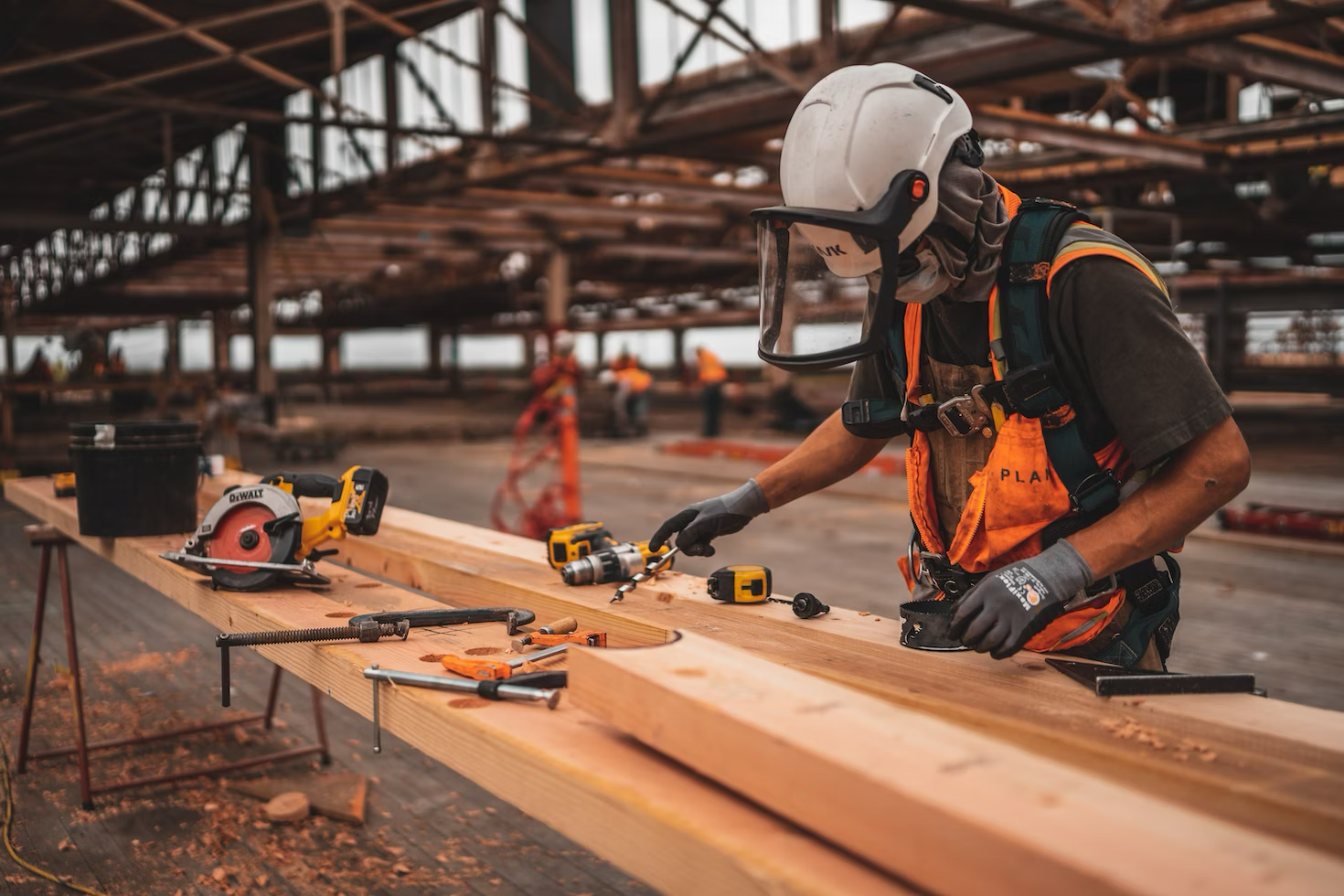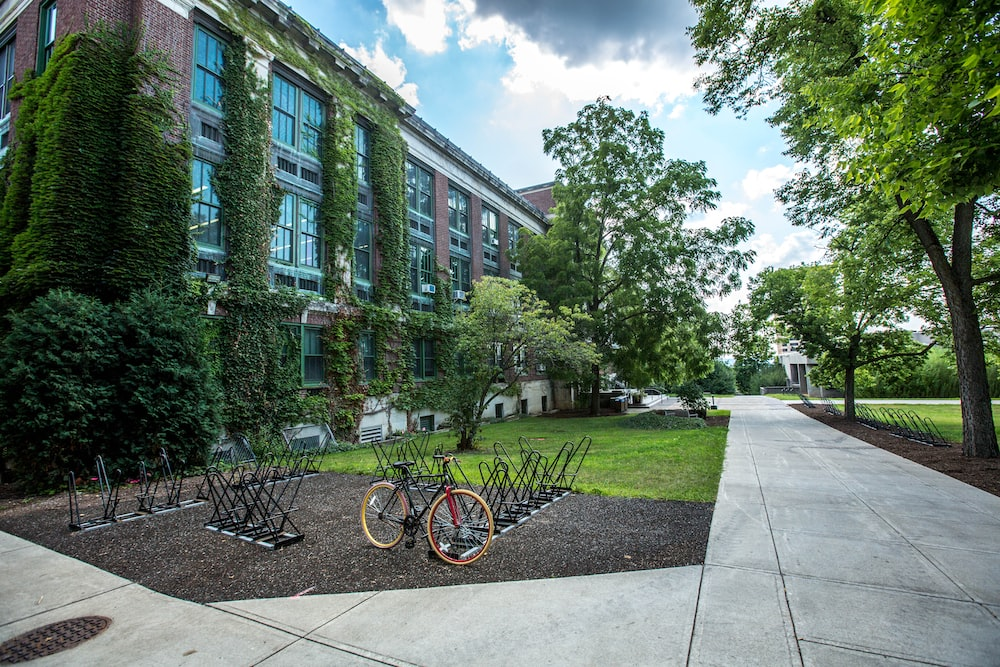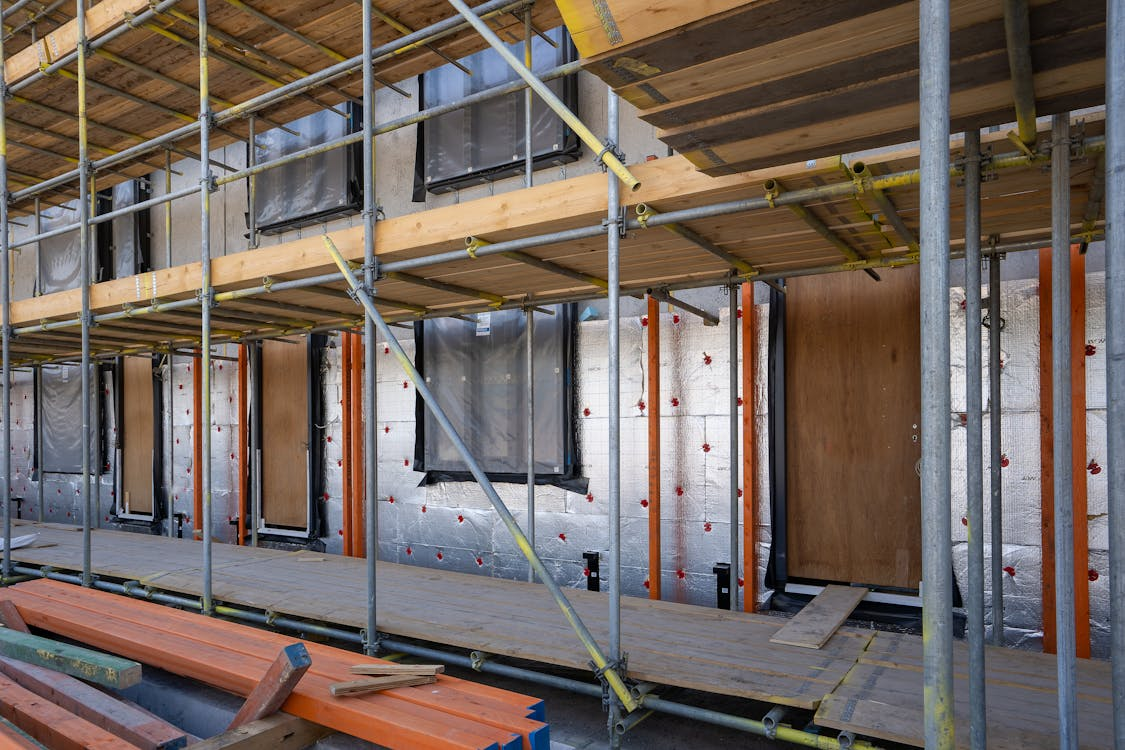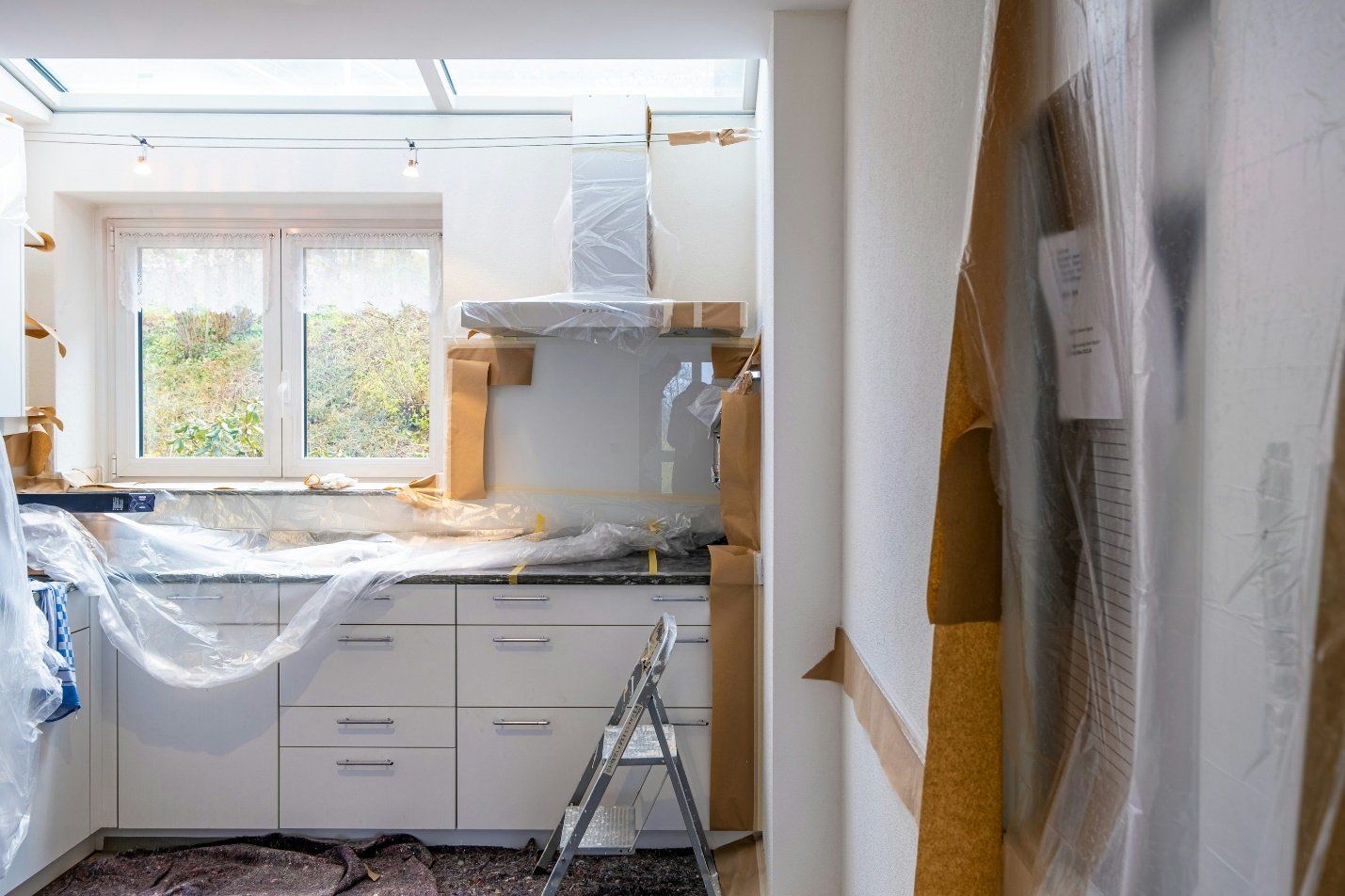It’s a sunny Georgian morning. You’re sipping your sweet tea and envisioning a sleek new building rising from the red clay of your lot.
That’s the dream, right?
But here’s the twist: dreams need a solid foundation, not just of concrete and steel, but of knowledge and preparation, especially when it comes to construction loans.
If the thought of navigating construction loans in Georgia seems as intricate as Atlanta’s Spaghetti Junction, we’re here to help you out! Before you dive into the world of construction financing, let’s unfold five things you’d wish you had known: insights that could be the difference between a project that soars and one that stumbles.
These aren’t warnings or deterrents; think of them as your insider tips to make construction loans a powerful ally in your real estate journey in Georgia. Let’s begin!
1. How to Assess and Compare Different Loan Options
As an investor, your first step is to familiarize yourself with different lenders, which could range from traditional banks to private lenders and credit unions.
Look into the specifics of each loan option, e.g., the loan terms, down payment requirements, and whether the loan is a construction-only loan or a construction-to-permanent loan.
Understand the nuances of the approval process for each lender. Some may have more stringent requirements regarding your credit score, debt-to-income ratio, or even the type of construction projects they finance. Familiarize yourself with any additional fees or costs associated with each loan option.
And, of course, consider the lender’s reputation and experience in construction financing in Georgia. A lender familiar with the state’s real estate landscape can offer invaluable insights and guidance throughout the construction process.
Recommended Read: How to Get a New Construction Loan
2. The Importance of a Detailed and Realistic Construction Budget
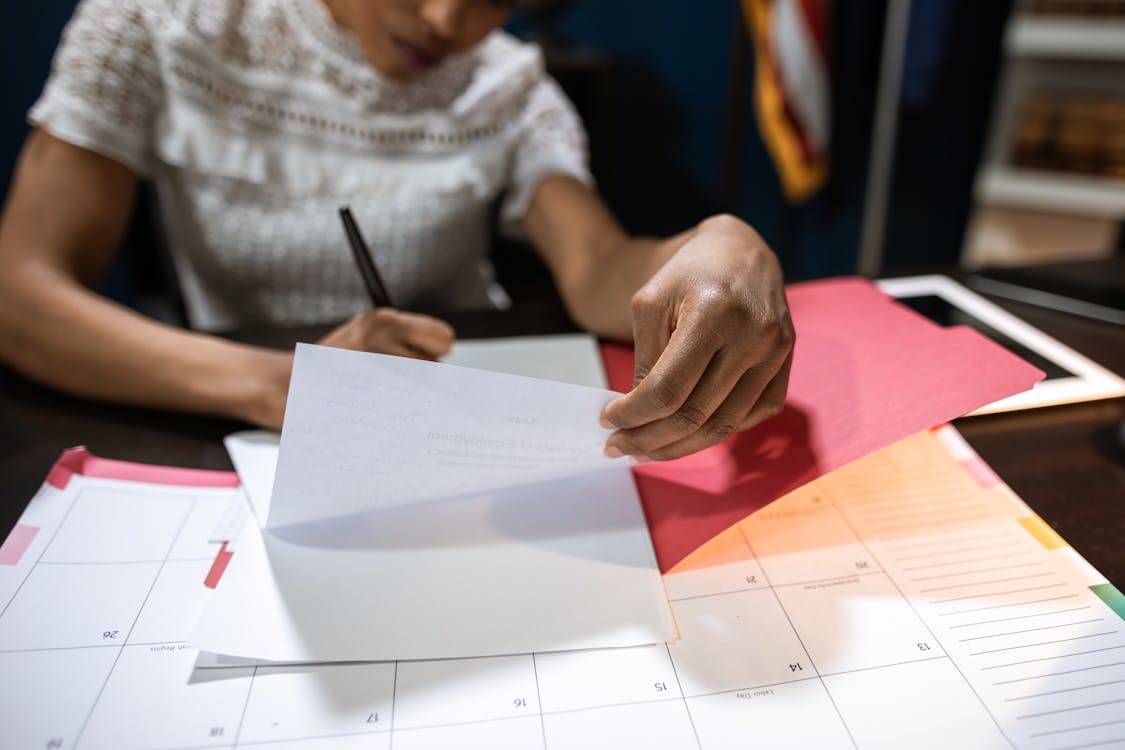
A detailed and realistic construction budget is the cornerstone of any successful construction project in Georgia. It goes beyond just listing the costs; it’s about accurately forecasting every financial aspect of your project.
Start by itemizing every potential expense, including the cost of land, materials, labor, permits, inspections, and equipment rentals. Also, account for the less obvious expenses like insurance, utility installation, landscaping, and even temporary storage.
Take some time to research the costs specific to your project’s location in Georgia. Keep in mind that costs can vary significantly from one region to another. Get quotes from multiple contractors and suppliers to ensure your estimates are as accurate as possible.
Include a contingency fund in your budget (typically around 10–20% of the total project cost) to cover unexpected expenses or changes to the project scope. This fund can be a lifesaver in managing unforeseen challenges that often arise during construction.
A realistic budget also means being prepared for the possibility of project delays. Weather conditions, delays in material deliveries, or labor shortages can extend the project timeline and, consequently, increase your costs.
3. The Importance of a Strong Construction Plan
A well-crafted construction plan begins with a comprehensive outline of the project’s scope. This includes detailed drawings and specifications that clearly communicate the project’s design, materials, and layout.
It should be thorough enough to provide contractors and builders with a clear vision of what needs to be accomplished yet flexible enough to accommodate potential adjustments or unforeseen challenges.
A strong construction plan also delves into the project’s logistical aspects. It addresses elements like the project timeline, stages of construction, and coordination of various tradespeople and suppliers. A timeline is particularly important as it keeps the project on track.
The plan should also include strategies for risk management and safety protocols; you must ensure compliance with all local building codes and regulations in Georgia.
We also recommend keeping the environmental impact of your construction project in mind. Your plan should outline measures for sustainable building practices (whether it’s through energy-efficient design, waste reduction, or the use of eco-friendly materials). In Georgia, where environmental consciousness is increasingly important, this can also be a significant selling point.
4. The Criteria for Choosing a Reliable Contractor
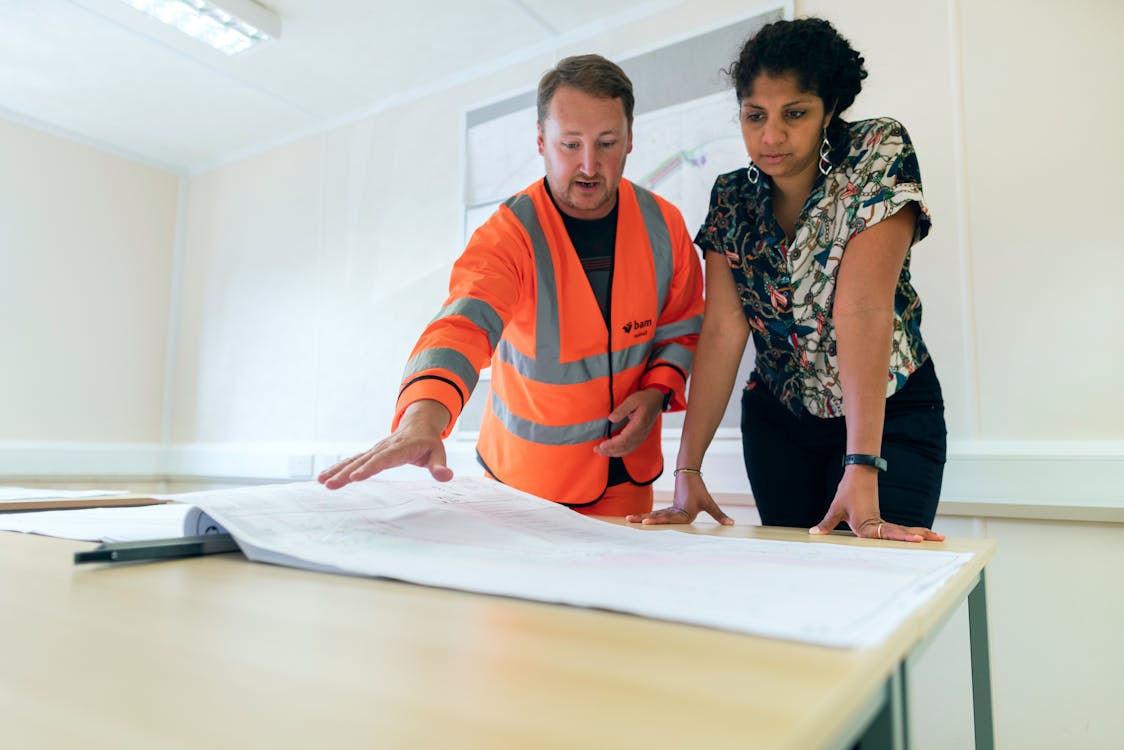
Selecting the right contractor is a pivotal decision in the construction process. A reliable contractor can mean the difference between a project that runs smoothly and efficiently and one that’s fraught with delays, cost overruns, and subpar workmanship.
Experience and expertise are key. Look for a contractor with a solid track record in the type of construction project you’re undertaking. Verify their credentials (including licenses, insurance, and certifications) to ensure they comply with Georgia’s state regulations. A contractor who is well-versed in local building codes and has established relationships with local suppliers and subcontractors can be a significant asset.
Past projects and references are invaluable in assessing a contractor’s reliability and quality of work. Contact previous clients and inquire about their experience. If possible, visit some of the contractor’s completed projects in Georgia to get a firsthand view of their craftsmanship and attention to detail.
Communication and professionalism are also critical. Your contractor should be someone you can communicate with effectively and who understands your vision for the project. They should be transparent about costs, willing to discuss and negotiate different aspects of the project, and capable of providing clear and regular updates.
Another important factor is financial stability. A financially stable contractor will have the resources to see your project through from start to finish. This includes having a dependable workforce and the ability to manage and pay subcontractors and suppliers on time.
Lastly, consider the contractor’s approach to project management. They should have robust processes in place for managing the construction site, coordinating various trades, handling permits and inspections, and addressing any issues that arise during the construction process.
5. The Local Market Dynamics and How They Affect Your Project
When embarking on a construction project in Georgia, you must have a keen understanding of the local market dynamics.
Georgia’s real estate market, with its rich history, diverse geography, and varying economic conditions, presents a unique set of factors that can impact your construction venture in multiple ways.
The economic climate of the region where you are building is a pivotal factor. In thriving urban areas like Atlanta, where the economy is robust, demand for new residential and commercial properties is typically high. This can translate into a more competitive market for both acquiring land and selling or leasing the finished property.
However, it also often means higher construction costs due to increased demand for labor and materials.
In contrast, in more rural or economically developing areas of Georgia, you may find lower costs for land and construction, but the market for selling or renting the property could be less dynamic.
Another critical aspect is the demographic trends in the area. For instance, if you are building in a part of Georgia that is experiencing an influx of young professionals or families, the demand for certain types of properties, like family homes or apartments equipped with modern amenities, could be higher. Alternatively, areas popular with retirees may have a higher demand for accessible single-story homes or developments with community amenities.
Understanding the local real estate market trends is also vital. This includes knowledge of the types of properties that are selling quickly, the average market prices, and the preferences of local buyers or renters. For example, in areas where there is a trend toward sustainable living, incorporating eco-friendly features into your construction could add significant appeal and value to your project.
The supply and demand dynamics in the local construction market can also impact your project. In areas where construction activity is high, there may be a shortage of skilled labor or materials, resulting in delays and higher costs. Conversely, in less busy markets, you may find more competitive pricing and availability but potentially less experienced labor.
Local regulations and community sentiment toward new construction projects can also greatly influence your project. Some areas may have strict zoning laws, historical preservation guidelines, or community groups that are vocal about new developments. Approach the project with a strong willingness to comply and a high level of community engagement and understanding.
Start Working with InstaLend

Taking out a construction loan in Georgia is like playing a masterful game of chess. It requires strategy, foresight, and a clear understanding of the rules.
At InstaLend, we’re ready to provide the experience and expertise you need to make a smart decision. Take out your first construction loan with us! Apply today.
We also provide fix and flip loans, single-family rental loans, multi-family term loans, and multi-family bridge loans to investors across Georgia.
It’s time to grow your real estate business one careful, strategic, and well-planned step at a time. Let’s make it happen.



